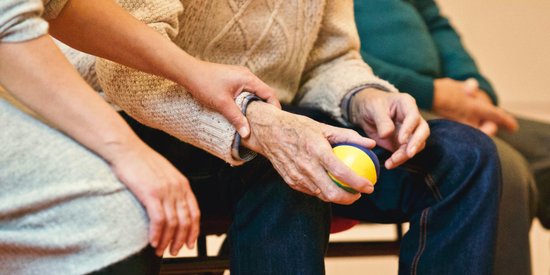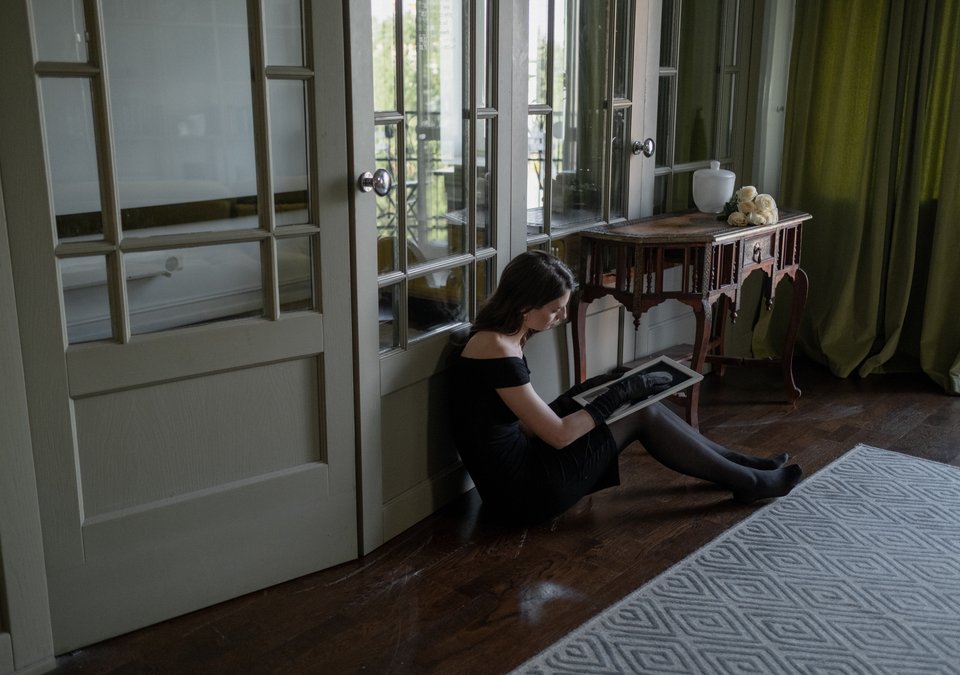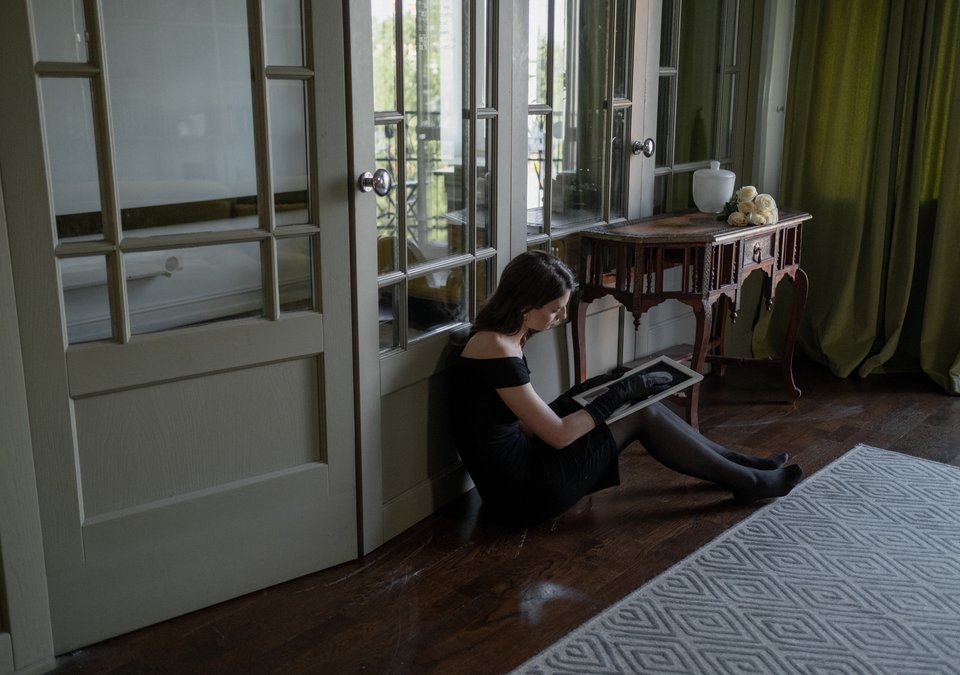Enduring Power of Attorney
It is no longer possible to create a new EPA or make any changes to an existing one. However, EPAs created before the 1st of October 2007, which have been signed by both the Donor, and the Attorney, are still valid.
You may consider replacing an unregistered EPA with a Lasting Power of Attorney Property and Affairs. To do this, you must cancel or revoke your EPA.
If you have an existing EPA which makes provision for your property and affairs, you can create an LPA - Personal Welfare - to run alongside the same. LPAs can only be used after they have registered with the Office of the Public Guardian (OPG).










